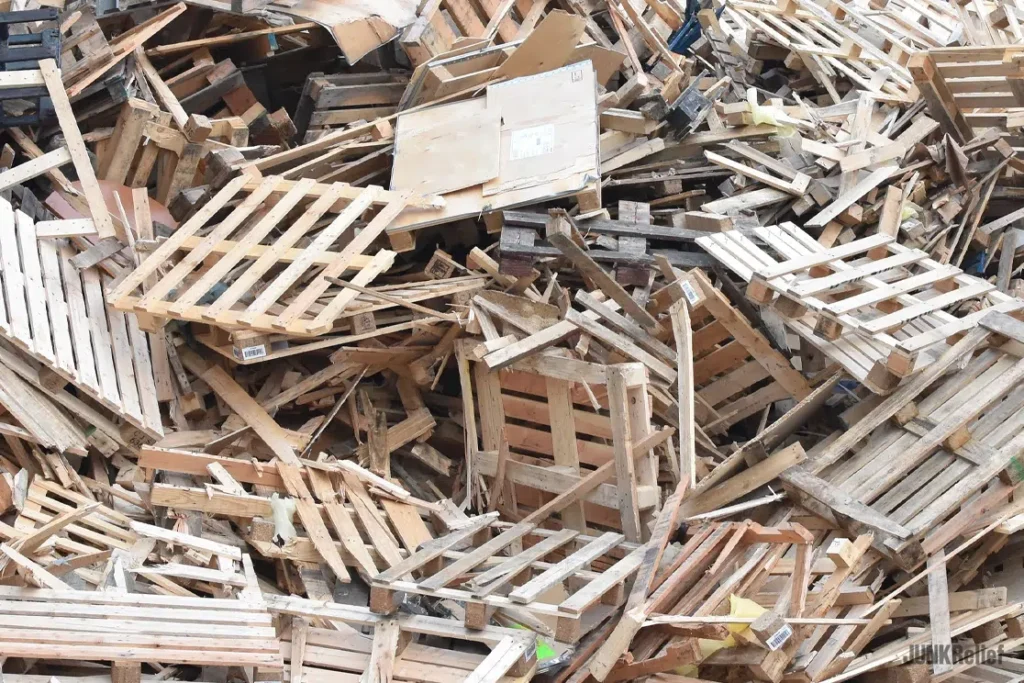Managing waste is a crucial aspect of maintaining a clean and sustainable environment. In New York, like many other states, there are specific regulations in place to control the weight of trash and recycling materials. These weight limits are designed to ensure the safe and efficient collection and disposal of waste. Understanding these regulations is essential for both residents and businesses to avoid penalties and contribute to a greener future.
Trash Weight Limit Regulations in New York: What You Need to Know
In New York, the weight limit for trash is typically determined by the type of waste and the size of the container. Residential trash collection services often have weight limits ranging from 30 to 50 pounds per bag or container. This limit ensures that waste collectors can safely handle and transport the trash without risking injury or damage to equipment.
For commercial establishments, the weight limit for trash may vary depending on the specific regulations set by the local municipality or waste management company. Larger containers, such as dumpsters, may have weight limits ranging from 1,000 to 10,000 pounds. It is crucial for businesses to be aware of these limits and ensure that their waste is properly distributed among multiple containers if necessary.
Recycling Weight Limit Guidelines in New York: A Comprehensive Overview
Recycling weight limits in New York are generally less strict than those for trash. The goal of recycling is to divert waste from landfills and promote the reuse of materials. Therefore, recycling programs often encourage residents and businesses to recycle as much as possible, without imposing strict weight restrictions.
However, it is important to note that recycling materials should still be properly sorted and prepared for collection. Mixing heavy or non-recyclable items with recyclables can lead to contamination and may result in the rejection of the entire load. It is crucial to follow the guidelines provided by local recycling programs to ensure that materials are properly sorted and meet the weight limits for collection.
Consequences of Exceeding Weight Limits: Penalties and Enforcement Measures in New York
Exceeding weight limits for trash and recycling in New York can have various consequences. For residential customers, exceeding weight limits may result in the waste not being collected or additional fees being charged. Waste management companies have the right to refuse collection if the weight of the trash poses a risk to their employees or equipment.
Businesses that exceed weight limits may face more severe penalties. In addition to potential refusal of collection, businesses may be subject to fines and citations from local authorities. These penalties aim to encourage businesses to properly manage their waste and prevent overloading of collection vehicles.
Enforcement measures for weight limits in New York vary depending on the municipality and waste management company. Some areas conduct regular inspections of commercial establishments to ensure compliance, while others rely on customer reports or random checks. It is essential for businesses to be aware of the regulations in their specific area and take necessary measures to avoid penalties.
In conclusion, understanding the weight limit for trash and recycling in New York is crucial for both residents and businesses. By adhering to these regulations, we can ensure the safe and efficient collection and disposal of waste, promote recycling, and contribute to a cleaner and greener environment. It is important to stay informed about the specific weight limits in your area and follow the guidelines provided by local waste management programs. Together, we can make a positive impact on our communities and the planet.


